La nueva Medellín (2016)
장르 : 다큐멘터리
상영시간 : 1시간 25분
연출 : Catalina Villar
시놉시스
Juan Carlos and his friend Manuel were still teenagers when Catalina Villar first filmed them 18 years ago in Medellin which, at the time, was the most violent city in the world. Soon after, Juan Carlos, the poet, was killed. On the eve of a time of fragile peace, his illiterate parents seek legal compensation. Manuel, who has become the leader of his neighbourhood, is confronted to the paradoxes of urban modernization in a city that has transformed too quickly. The ghost of Juan Carlos rises as a shield against oblivion.
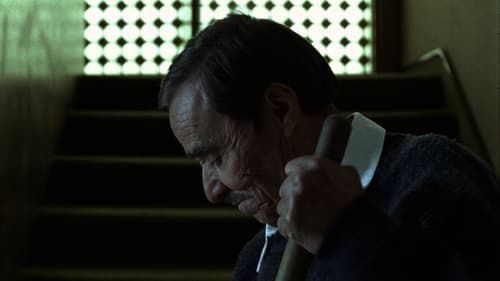
Beto is the keeper of a house in Mexico City - empty for several years already - in which he used to work as a domestic help. The solitude of the last ten years, as well the monotony and routine of his job have made him lead a secluded life, which could seem suffocating for most people, whereas for him it provides a safe and stable environment, in contrast to the threatening outside world. He has develop a pathological fear for this world, to the point of limiting his contacts to only two persons: the lady of the house, for whom he has a feeling of deep gratitude and respect that is translated into obedience; and Lupe, a friend, a confident and a lover. Once he learns that the house has been sold, Beto is confronted to the dilemma of gathering the courage to get out and get a life or find a way of remaining in his confinement.

A cup of coffee, a cigarette. A coin, another cup of coffee. Patients roam the halls. They walk alone. Waiting. Another smoke, a burning cigarette. Therapies that appeal to the senses. Routines that pull them back to reality. It's life repeating itself at psychiatric hospital spaces'. Lucidity and madness live together. From the outside world comes an actor in search of his character for a theatre play, diving into the inner world of schizophrenia. Patients are part of the creation of the character. Amidst the haze, the actor finds a poem by Ângelo de Lima, an alienated. The theatre character is born. Cinema documents it.

Four peoplebound by the common thread of a deeply personal losstake to the road at a pivotal moment in their lives, hoping to move ahead. Along the way they unexpectedly intersect with one anotherthe result of which forever alters their understanding of brotherhood, friendship, and love.
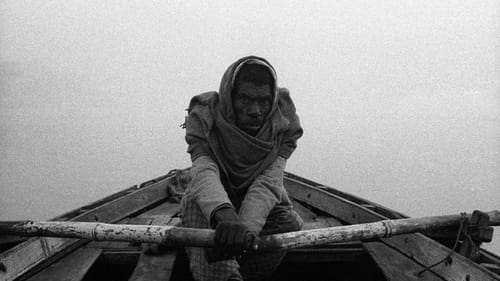
In a series of small portraits, Gianfranco Rosi depicts life on and along the banks of the Ganges River. The director’s first film documents the boat trip he took along India’s sacred river with his helmsman, Gopal. They pass tourists and locals, witnessing them bathe, work, or meditate. The film captures the imagination of the endless circle of life and death, which is rooted in the lives of the Indian people, and is convincingly manifested in the way they bid farewell to the dead.

Constructed from a wealth of archival footage, the documentary follows Dr. Martin Luther King, Jr. from 1955 to 1968, in his rise from regional activist to world-renowned leader of the Civil Rights movement. Rare footage of King's speeches, protests, and arrests are interspersed with scenes of other high-profile supporters and opponents of the cause, punctuated by heartfelt testimonials by some of Hollywood's biggest stars.

Paola is born in a traditional Colombian family, or at least that is what they try to be. Her father is a priest, her mother is a "psychic" and her sisters are not what their parents expected. She is a young Latin American woman struggling for her independence in a hard context full of stereotypes and appearances not being able to fit in any mold. With a unique feminine vision of the world this girl learns to live while she lives as she witnesses a series of small crises that shape her personality.

During the war of in-dependency Evita moves from Lisbon to Mozambique to marry Luís. She slowly discovers how different and disturbing life is in a country of war and when her husband is send on a military mission she starts to fight loneliness. Over time she finds out more about her husband and Mozambique than she would have imagined in her peaceful European home. Racism, violence, injustice and fatalism make life unbearable...

Estefânia is an old, rich, strict catholic woman, and when she sets her eyes on a couple of servants who have no means to bring up properly their youngest son, António, she decides to move her influences in order to make a priest out of him. The parents accept it, the local priest and even the Seminar's rector accept it, and António accepts it - if not for piety, for obeyance to his parents. Once time goes by, and António is out of rural misery and into the prison-like system of a seminar, doubts and anguishes mount within him.

A meeting in an empty roadside café-restaurant. A man in his sixties is waiting. A young woman enters, she seems tired, weighed down with her backpack, and her whole life inside it. He offers to take her a part of the way. She accepts.

Nuno is a man working at a hot dog stand, who also invented a machine which promises to revolutionize the shoe industry- a foot scanner. In the middle of a gasoline embargo and finding himself in a strange predicament, Nuno becomes mysteriously confined to his car, finding his life suddenly embargoed.

Until the late 1970s, the Pakistani city of Lahore was world-renowned for its music. Following the Islamization of Pakistan, many artists struggled to continue their life's work. Song of Lahore turns the spotlight on a group of stalwart musicians that kept playing and ultimately attracted listeners from around the world.
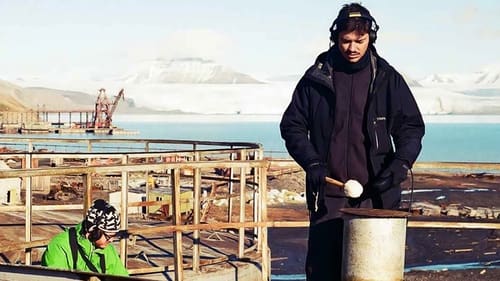
Efterklang goes to an old Russian mining town, Piramida, to get inspired for their new album.

In the heart of Tel Aviv, there is an exceptional school where children from forty-eight different countries and diverse backgrounds come together to learn. Many of the students arrive at Bialik-Rogozin School fleeing poverty, political adversity and even genocide. Here, no child is a stranger. The film follows several students' struggle to acclimate to life in a new land while slowly opening up to share their stories of hardship and tragedy.

포르투갈령 아조레스제도에 속해있는 코르보. 440명의 인구가 대부분 농목업에 종사하는 농경자치국이자 유럽에서 가장 작은 섬이다. 순박하지만 지혜로운 섬 주민의 에피소드 끝에 어느샌가 섬 자체가 영화의 주인공이 되어간다. (2012년 제13회 전주국제영화제)
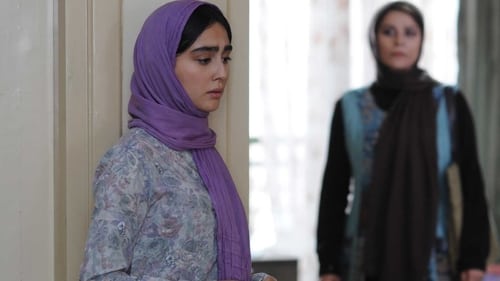
Tehran's air pollution has reached maximum levels because of thermal inversion. Unmarried 30-something Niloofar lives with her aged mother, and stays busy with her alterations shop. When doctors insist that her mother must leave smoggy Tehran for her respiratory health, Niloofar’s brother and family elders decide that she must also move away to accompany her mother. Now Niloofar is torn between family loyalty and living her own life. As the youngest she has always obeyed their orders. Can she stand up for herself this time?

Shaken by a divorce in the 1920s, Portuguese poetess Florbela Espanca uses her writing to deal with her tumultuous relationship with men, eroticism and love.

The bizarre history of Filipino B-films, as told through filmmaker Andrew Leavold's personal quest to find the truth behind its midget James Bond superstar Weng Weng.

The world is a wonderful stage, but its characters are disgraceful.
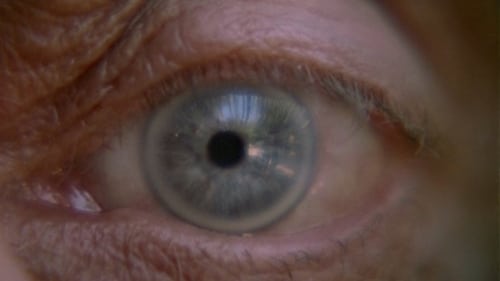
João Vuvu, lives alone in a house that requires regeneration but due to being alone he is unable to do the work. On his son's release from prison and João's ensuing deception triggers a series of somber events.

The story of Father Antonio Vieira, a 17th-century Portuguese priest who lived in Brazil and worked for better treatment of the Indians and to abolish slavery.










